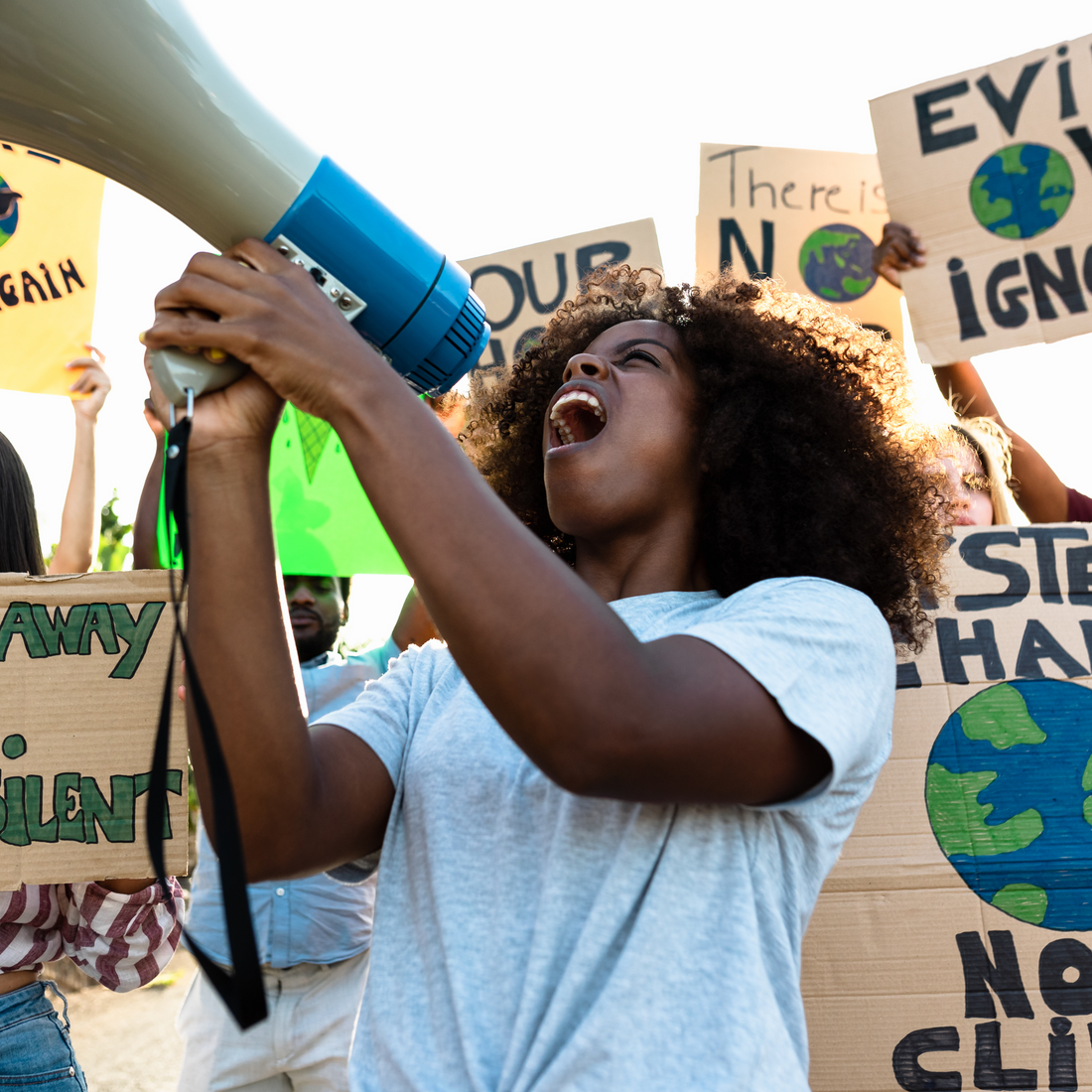
What the bike-packing community should expect from the new administration?
Share
As bike-packers, we love to connect with nature, explore public lands, and embrace sustainable adventure. However, the policies of any administration can influence our opportunities and challenges. Today, we want to share how the Donald Trump administration’s approach to environmental policy, public land access, and infrastructure development could affect the bikepacking community.
1. Public Lands and Access
One of the central issues for bike packers is access to public lands. During the Trump administration, many policies will be focused on opening public lands to energy development, such as mining, drilling, and logging. While this could boost economic activity in some regions, it also risks compromising the natural beauty and accessibility of trails.

2. Environmental Policy Rollbacks
The Trump administration’s rollback of key environmental regulations raised concerns for many in the outdoor community. Protections under the Clean Water Act were scaled back, potentially affecting the quality of water sources often relied upon during bike-packing trips. Similarly, changes to air quality standards and the deregulation of emissions controls could negatively impact the pristine environments that bike packers seek.
Trails near industrial sites could see reduced air quality and increased noise pollution, detracting from the sense of solitude and immersion in nature.

3. Climate Change Impacts
The Trump administration’s withdrawal from the Paris Agreement and its relaxed stance on climate change mitigation contributed to broader environmental uncertainty. For bikepackers, these policies could have ripple effects, such as trail erosion, more frequent extreme weather events, and less predictable seasonal patterns.
Bikepackers who depend on stable conditions to plan multi-day trips may face increasing challenges. For instance, flooding could render certain routes impassable, while rising temperatures might make some regions unsafe or less appealing for extended rides.

4. Infrastructure Development
One potentially positive aspect of the Trump administration’s policies was the emphasis on infrastructure development. Investments in rural roads and bridges could inadvertently benefit bikepacking routes, making certain areas more accessible. However, the administration’s infrastructure focus was often geared toward industrial and commercial projects, leaving recreation-focused improvements a lower priority.

5. Grassroots Advocacy: A Silver Lining
The challenges posed by Trump-era policies spurred greater advocacy within the outdoor community. Groups like the Outdoor Industry Association and IMBA (International Mountain Bicycling Association) worked tirelessly to protect public lands and promote sustainable recreation. This increased activism highlights the bikepacking community’s resilience and determination to safeguard the trails and environments they cherish.
Final Thoughts
The policies of the Trump administration underscore the importance of staying engaged and proactive as a community. For bikepackers, preserving access to public lands, protecting ecosystems, and advocating for sustainable policies are essential to ensuring that the trails remain open and enjoyable for future generations.
While political decisions may pose challenges, they also remind us of the power of collective action. Bikepackers and outdoor enthusiasts alike have a stake in shaping the policies that govern the lands we love. By staying informed and advocating for responsible stewardship, we can ensure that bikepacking remains a vibrant and sustainable way to explore the world.




